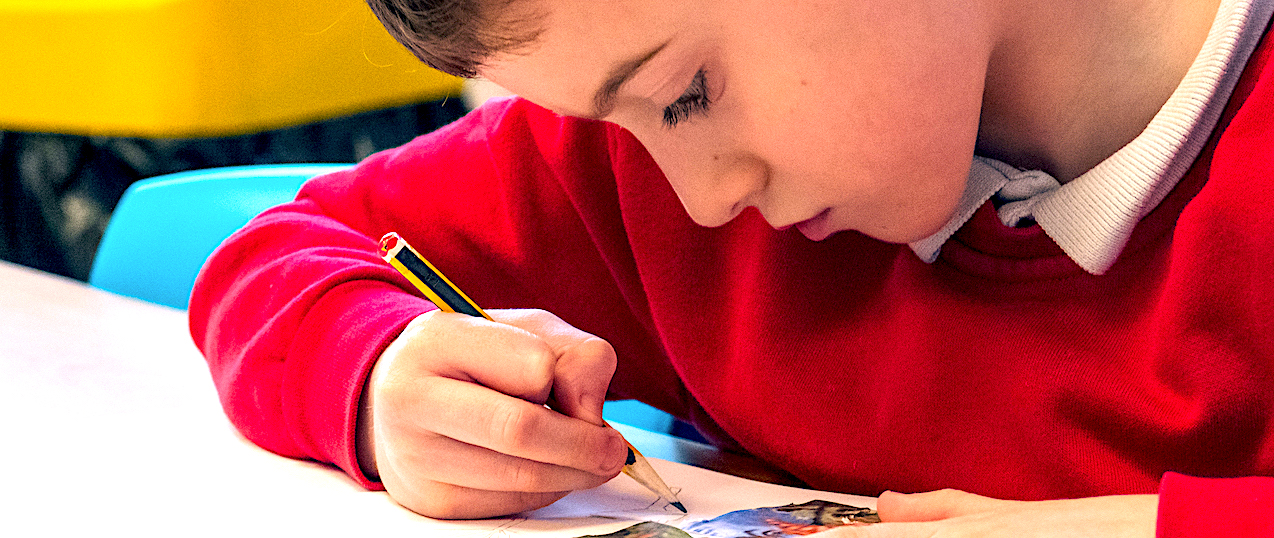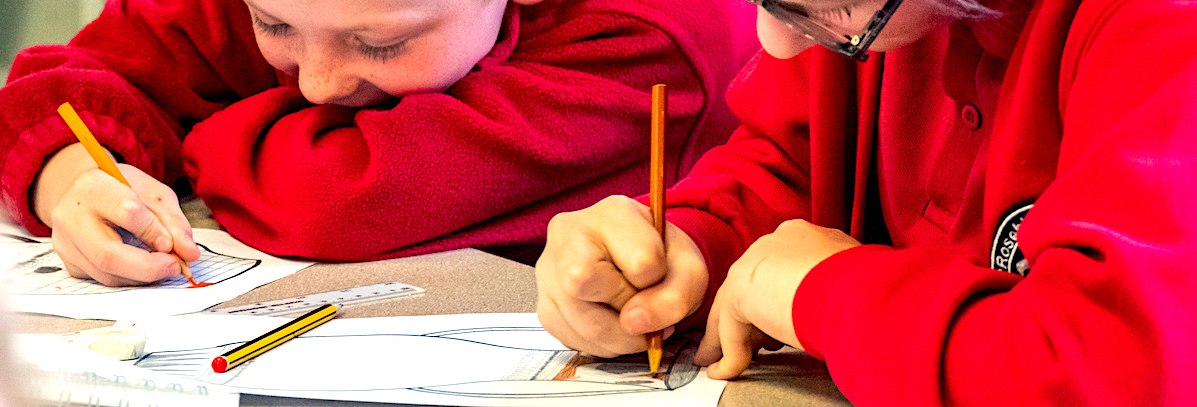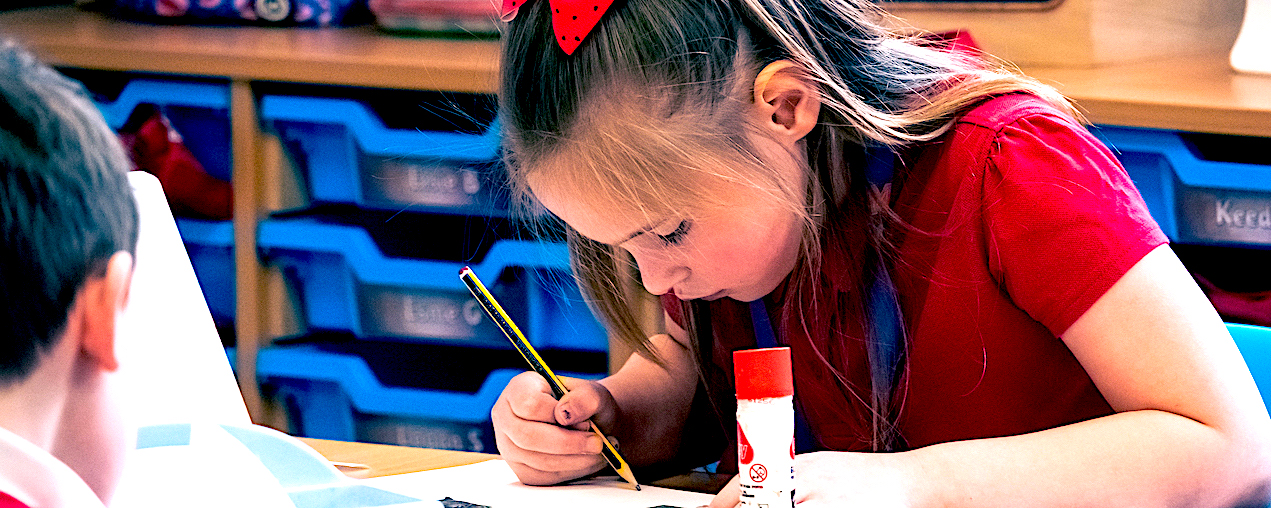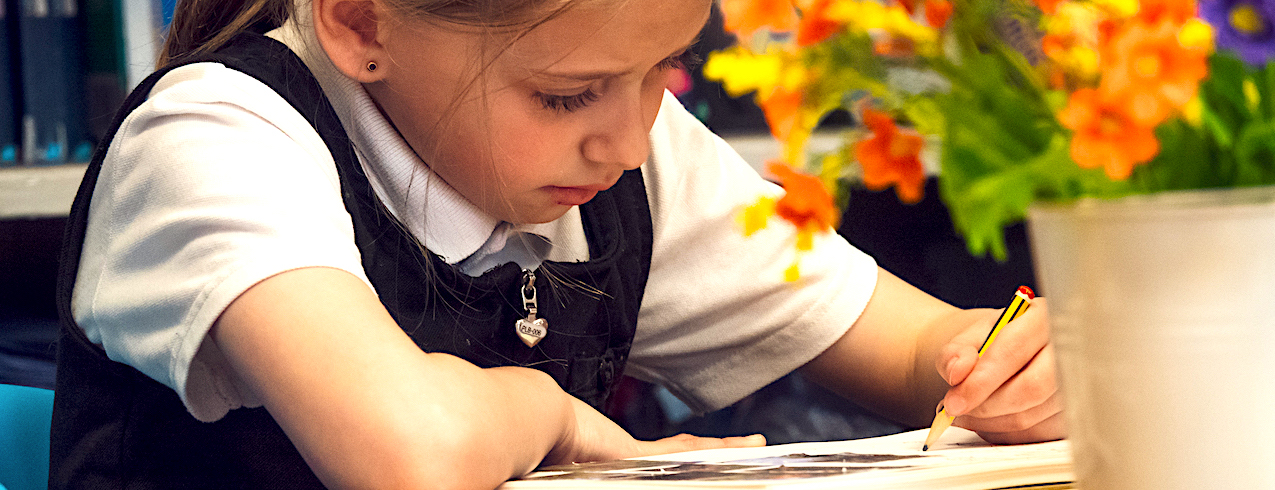English
Aims and Intent
At Rosehill Junior School, we believe that books open doors into new and exciting worlds; worlds where friends can be made, adventures can be had and knowledge can be learnt. Through novel study, we believe that exposing children to a wide range of literature enhances the children’s language, imagination and their excitement for writing. We believe that in order to develop confident and independent writers, children should be exposed to and learn from a wide range of high-quality examples and therefore we in English lessons, we enjoy a variety of rich texts ranging from classic novels to modern fiction throughout their time with us. In each year group, the novels studied provide opportunities to write in a range of styles and for a range of purposes and audiences. We endeavour to promote a lifelong love of literature through studying a range of texts and bringing the stories alive through immersive learning environments and lessons. We base our teaching of writing on the content of the National curriculum. We teach pupils to speak and write fluently so that they can communicate their ideas and emotions to others and through their reading and listening, others can communicate with them.

Reading and writing are heavily intertwined and we aim to provide our pupils with rich opportunities to use the language and vocabulary skills that they have acquired in reading in writing sessions.
We also recognise the effect a confident, fluent and coherent understanding of English will have on a pupil’s progress, both inside and outside of the school environment. English lessons encompass writing practice, including handwriting, spelling, widening vocabulary, and writing for different styles, purposes, and audiences, as well as focussing on spoken English, reading, grammar and pronunciation.
We ensure that all staff members are aware of planning, assessment, teaching and learning requirements for the English curriculum. All pupils know how to plan, practise and evaluate their work.

Writing
Statement of Implementation
At Rosehill, writing is taught daily across the whole school. Each class studies a different high-quality text, lasting from a few weeks to a whole term depending on text type, length and year group.
Long and short term planning and the use of progression maps ensure that a variety of genres are progressively taught and built upon both throughout the year and throughout the school. Through novel study, children will acquire and learn the skills to plan, draft and refine their written work over time and are encouraged to develop independence in being able to identify their own areas for improvement in all pieces of writing.
Within each unit of work, sequenced lessons ensure that prior learning is checked and built upon and that National Curriculum objectives are taught through a combination of approaches/opportunities.
Statement of Impact
Teachers use assessment as an integral part of the teaching and learning process and link it clearly to the children’s next steps.
-
Formative assessment grids
-
Constructive marking with ‘next steps’ where appropriate. Teachers leave next steps in books when marking to ensure that children know exactly what they need to do next to make progress in their writing and children are encouraged to respond to this in green pen
Effective composition also involves forming, articulating and communicating ideas, and then organising them coherently for a reader. This requires clarity, awareness of the audience, purpose and context, and an increasingly wide knowledge of vocabulary and grammar. As a result, we often start a unit of work by looking at an exemplar piece and identifying the key aspects that need to be incorporated into a finished piece of work. Writing also depends on fluent, legible and, eventually, speedy handwriting.
The impact on our children is that they have the knowledge and skills to be able to write successfully for a purpose and audience. With the implementation of the writing sequence being established and taught in both key stages, children are becoming more confident writers and have the ability to plan, draft and edit their own work. By the end of key stage 2, children have developed a writer’s craft, they enjoy sustained writing and can manipulate language, grammar and punctuation to create effect.

Spelling
Statement of Implementation
From Year 3, or for children who have demonstrated secure knowledge of phonics, classes follow a progressive spelling scheme. Through exploring spelling patterns and rules, we aim to create confident and proficient spellers using a discrete teaching approach underpinned by phonics.
The programmes of study for writing at key stages 1 and 2 are constructed similarly to those for reading: transcription (spelling and handwriting) composition (articulating ideas and structuring them in speech and writing).
Writing down ideas fluently depends on effective transcription: that is, on spelling quickly and accurately through knowing the relationship between sounds and letters (phonics) and understanding the morphology (word structure) and orthography (spelling structure) of words. This means we also teach discrete spelling sessions to help pupils develop fluency and confidence.


